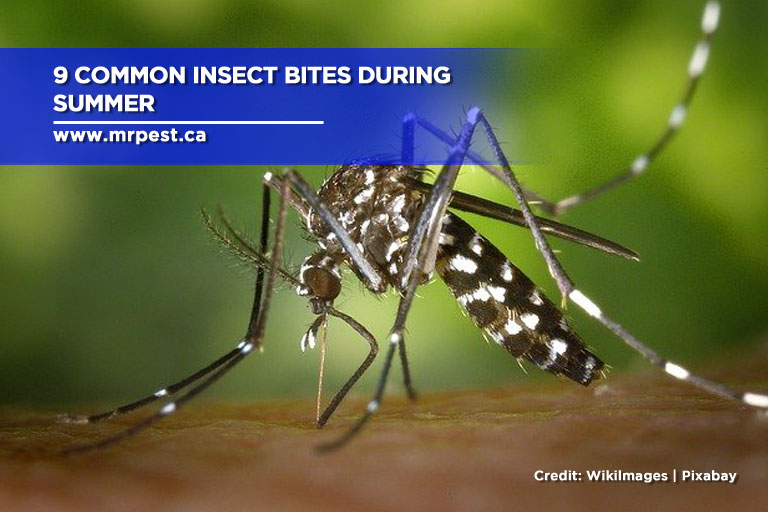Summer is right around the corner. Camping, hiking, and trips to the beach are just a few of the fun and worthwhile ways of spending your sunny days. However, the bright, sunny season also brings summer bugs that will have you contending with insect bites and allergies. So, before putting on your swimsuits and setting up your tents, watch out for these 9 common insects during summer:
1.Head Lice and Nits
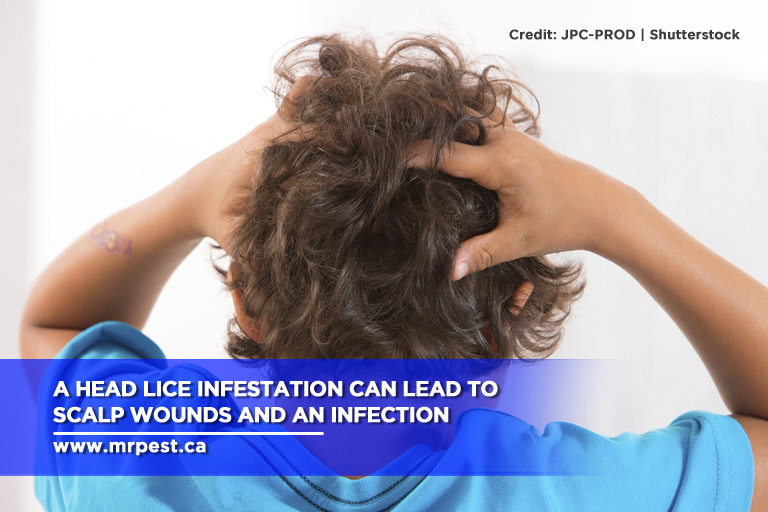
Head lice are most commonly found in young children. Head lice live on the scalp of their host, sucking blood for nourishment. They are more active and come in great numbers during summer because they breed faster in warm weather. They can also spread easily through close contact and the sharing of combs and clothing.
Although bites from head lice don’t cause illnesses, they are incredibly itchy and can become a major source of discomfort for the host. Scratching your scalp can lead to scalp wounds and even infections.
2.Mosquitoes
Mosquito bites are extremely common between May and September when people are spending most of their time outdoors. Insect bites on the skin from mosquitoes can cause skin irritation and even infections as some mosquitoes carry viruses. Protecting yourself from mosquito bites lessens the possibility of contracting the West Nile virus – a mosquito-transmitted infection. This virus is often undetectable since most of the people that contract it don’t feel any symptoms.
To avoid the virus and skin irritation, applying mosquito-repellent sprays or lotions is a good precaution. Getting rid of stagnant water around your area also prevents mosquitoes from breeding in your property. If you decide to go camping, make sure to bring mosquito netting to protect you from mosquito bites in your sleep.
3.Fleas
Fleas are tiny, about 2 mm long. Instead of flying, these wingless insects move around by jumping using their hind legs. Flea bites are itchy and can cause the skin around each bite to be inflamed. These bites appear in clusters of small red bumps on the skin.
Scratching the affected area can aggravate the inflammation and irritation. To get rid of the sensation caused by flea bites, it is better to resort to itch creams and antihistamines.
4.Bees and Wasps
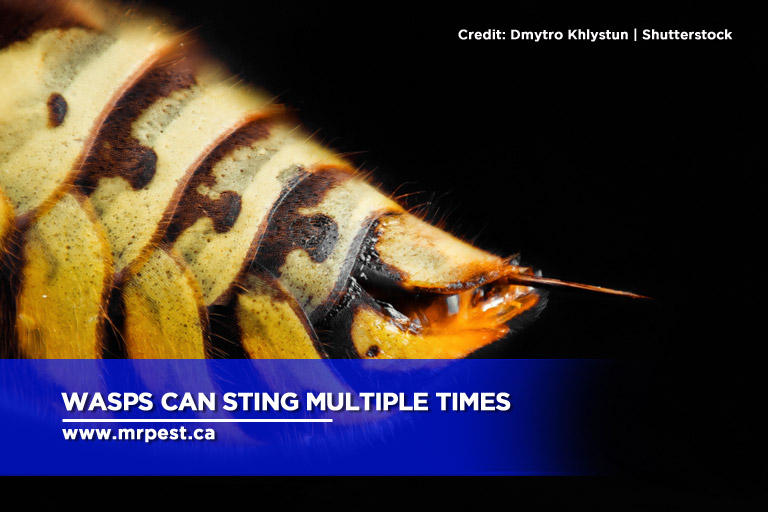
It’s extremely likely for you to encounter bees and wasps during summer, especially when you are in the middle of a hike. Fortunately, these insects don’t attack for no reason. So, if you don’t want a painful summer experience, try your best not to provoke these insects. Be vigilant and steer clear of hives.
Bee and wasp sting can be extremely painful. While they do not carry pathogens, they can cause allergies. Wash the affected area immediately and take antihistamines. If you are severely allergic to bee stings, carry an epinephrine auto-injector at all times when you’re outdoors.
5.Bed Bugs
As their name suggests, bed bugs can be found in mattresses, bed frames, as well as other pieces of furniture. These insects typically come out when it is dark and bite their victims when asleep. Bed bugs are not exclusive to summer since they’re active all year round. However, encountering bed bugs is common during vacations, when you stay in hostels and inns that may have bed bugs infested in the furniture.
Bed bug bites are not fatal and bring no diseases. However, because they nest in resting places like beds and sofas, bed bugs can cause discomfort and sleep disruptions. This can lead to fatigue and even symptoms of post-traumatic stress disorder (PTSD).
These insects can travel from one room or building to another easily by sticking to items like clothes or bags. If you suspect bed bugs in your home, hiring professional cleaners or pest control services is the best way to go.
6.Ticks
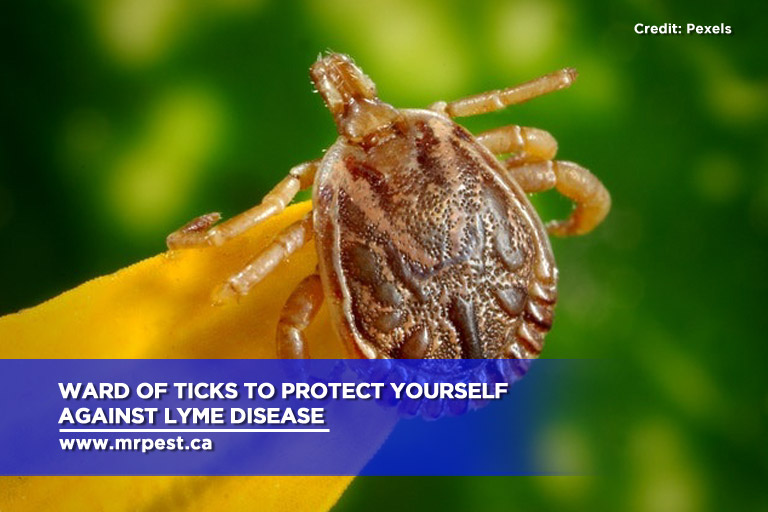
Ticks are small insects that feed on blood. Ticks are also around during winter and colder months. However, spring and summer seasons offer the best conditions for ticks to thrive the most. Unlike head lice, ticks bring diseases such as Lyme disease. So, the risk of contracting Lyme disease increases during the bright summer days when you are spending most of your time outside your homes.
Ticks are mostly found in grasslands and forested areas. If you plan on hunting or hiking around these areas, bringing an insect repellent is the greatest choice for your safety. If bitten by ticks, the best course of action is to contact your doctor immediately. Lyme disease is treatable when detected early. If left untreated, however, Lyme disease can lead to long-term symptoms like speech problems or chronic fatigue, to name a few.
7.Spiders
Spiders can vary in types, size, and how serious their bites can be. Some spider bites cause minor skin irritation. However, venomous spiders are common in North America. Cleaning your furniture and closets regularly reduces their chances of building a nest in your home. Sealing holes in your home also prevents spiders from finding their way indoors.
If bitten by a spider, especially a black widow spider, wash the affected area with soap and clean water, then seek medical advice immediately.
8.Ants
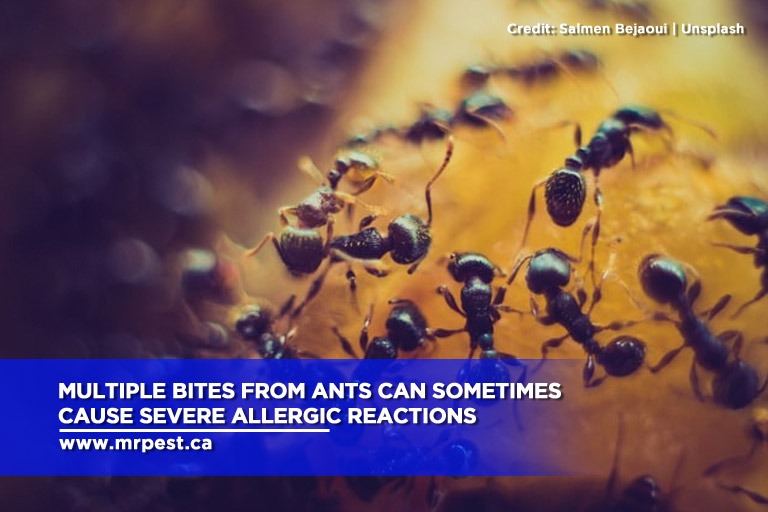
Ants are also present all year round. However, during hotter summer seasons, most ants make nests. Spending all your time outdoors and lying on the grass during picnics also exposes you to the risk of ant bites. Luckily, ants do not transmit diseases and rarely cause severe complications.
9.Tsetse Flies
Tsetse flies are different from houseflies and their bites can be very painful. They thrive in shady, moist areas and are attracted to the scent and moving animals, including humans. Tsetse flies are most common in sub-Saharan Africa but they could move their way to other countries, including Canada, especially during the hotter, more humid months.
Tsetse fly bites are much worse than any other bug bite because they carry the disease Trypanosomiasis, also known as sleeping sickness. This disease doesn’t have a cure or a vaccine to counter it.
Importance of Bug Bite Identification

Knowing what type of bug bit you is essential for immediate relief from the symptoms of irritation. Some bug bites might require a specific insect bite swelling treatment to alleviate the pain and inflammation. However, bringing bug repellent sprays or lotions and antihistamines will come in handy in the prevention and treatment of mild bug bites. If you encounter serious insect bites in Ontario or any place for that matter, see your doctor.
Follow these safety precautions to avoid bug bites during your summer adventures:
- Wear long clothing that covers the majority of your skin during hikes.
- Avoid bee hives and swarms of wasps if you encounter them since these insects only attack in self-defense.
- Do not wear overly scented lotions or perfumes. Fragrances attract insects.
- Avoid swamps and grassy or woody places to avoid mosquitoes and ticks.
- Hire professional pest control services to get rid of pests and bugs that may bother you during summer. Regular pest control is important to keep the bugs and the diseases they bring at bay.
Taking safety precautions and staying informed about the different bug bites you might encounter will be very helpful during your summer trips. This will ensure that your backyard barbecues, beach trips, and camping experience will be relaxing, entertaining, and safe.
When in Ontario and you have any insect infestation concerns, look no further than Mr. Pest Control. We offer various pest control services, such as residential and commercial pest control. Call us now at 1-888-794-7378 (toll-free) or email us at peteb@mrpest.ca for a free estimate.

